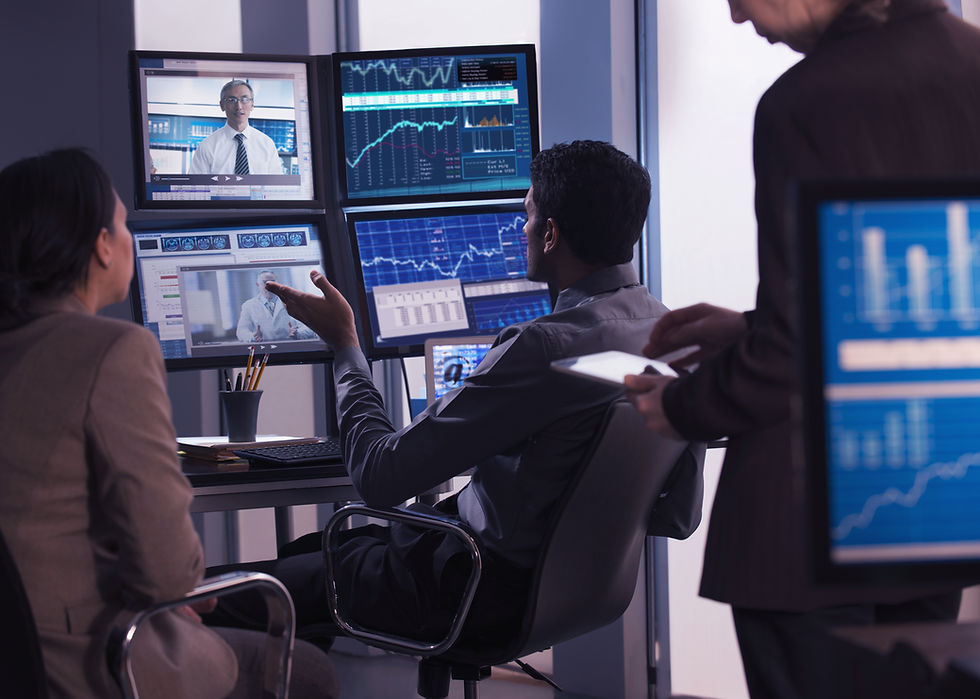Trade Surveillance: Beginner to expert in under 5 minutes.
Trade Surveillance for Beginners
Trade surveillance is the process of watching over the stock market to ensure that all buying and selling of stocks is done fairly and within the rules. It involves checking for any dishonest or unfair activities, like using secret information to make a profit or manipulating prices. The goal is to protect investors and maintain their confidence in the market by making sure no one has an unfair advantage and that the market operates smoothly and transparently.
Trade Surveillance for Professionals
Trade surveillance refers to the systematic monitoring and analysis of trading activities within financial markets to detect and prevent market abuse, such as insider trading, market manipulation, and other unethical or illegal trading practices. It encompasses a wide array of techniques, including real-time and historical trade data analysis, pattern recognition, and the use of sophisticated algorithms designed to identify irregularities and potential violations of regulatory standards.
Professionals in the field utilise advanced technology and analytics to scrutinize trading behaviors, ensuring compliance with regulatory frameworks and safeguarding market integrity. This not only involves the detection of prohibited activities but also extends to the oversight of communication among traders to prevent the dissemination of inside information.
Trade Surveillance for Experts

Are you an expert in Trade Surveillance?
We'd love to pack your knowledge into our expert definition. Here are the benefits for you:
Credibility: Secure recognition as a trusted authority in your field.
Lead Generation Opportunities: Directly connect with interested parties.
Search Engine Optimisation: Boost your SEO with credible backlinks to your website.
Exclusive Expert Positioning: Visibility as the sole expert featured in your field.
Expanded Reach: Leverage our continuous SEO efforts and social media circulation to extend your influence across a wider audience.
Get in touch or check out an example first. In the meantime, enjoy our existing definition!
Trade surveillance is the process used in financial markets to monitor trading activities to detect and prevent market abuse, such as insider trading and market manipulation. This involves analysing trading data and communications in real-time and historically, using algorithms, machine learning, and artificial intelligence to identify unusual patterns that may indicate unfair practices.
Experts in trade surveillance navigate a complex set of international regulations, such as the Market Abuse Regulation (MAR) in Europe and the Dodd-Frank Act in the U.S., which require thorough monitoring and reporting to ensure transparency and fairness in trading. The rise of high-frequency trading and the emergence of new financial technologies, including decentralised finance (DeFi), have introduced new challenges in monitoring trading activities, requiring continuous advancements in surveillance technology and methods.
Effective trade surveillance is crucial for maintaining investor confidence and the integrity of financial markets. It involves not just detecting violations but also understanding the intricacies of trading strategies and market dynamics. As financial markets evolve, there is a growing need for closer international cooperation among regulators and for integrating more advanced predictive analytics into surveillance systems. The future of trade surveillance lies in its ability to adapt to the digital transformation of financial markets, ensuring it can preemptively identify and mitigate potential market abuses before they occur, thus protecting the market's integrity and ensuring a level playing field for all participants.